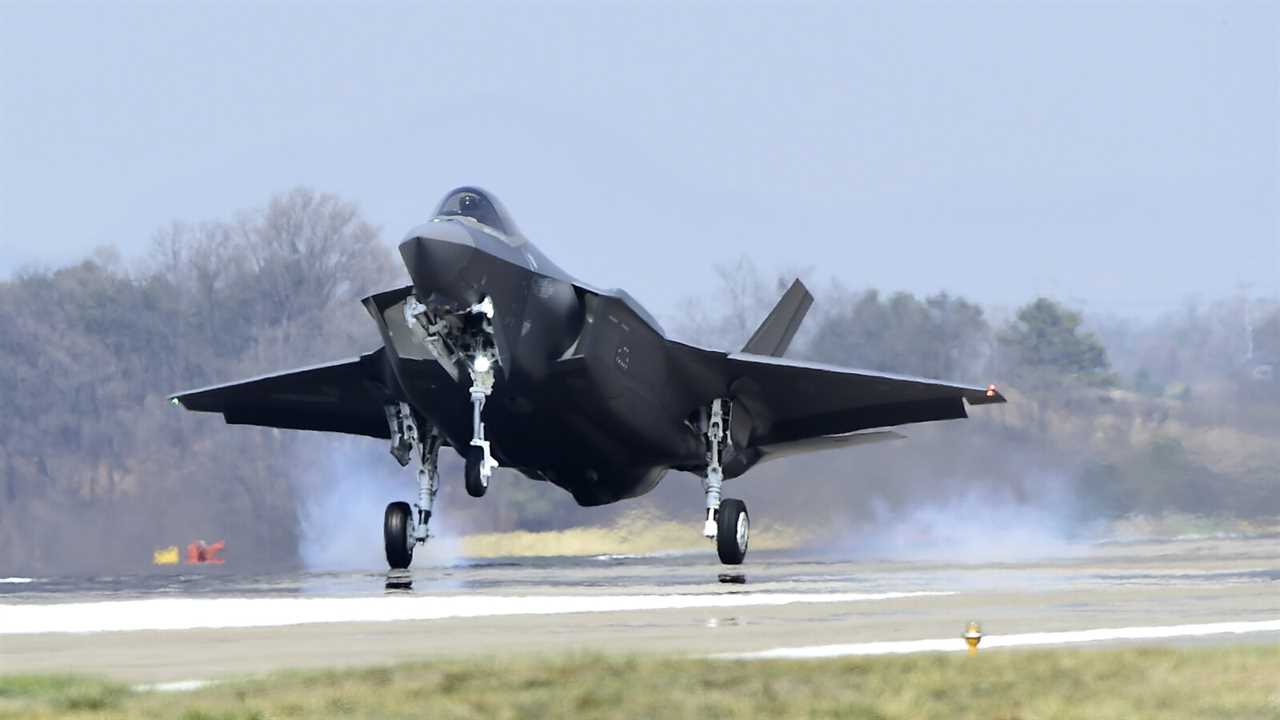
WASHINGTON — The Senate on Wednesday rejected efforts to block the sale of munitions worth $23 billion to the United Arab Emirates, overcoming concerns about sending weapons to Gulf Arab nations.
The pair of votes, forced by a bipartisan group of senators, highlighted growing unease in Congress with sending large tranches of sophisticated weapons that could sharply alter the military balance to a region facing simmering proxy wars. But in a victory for President Trump, the majority voted against the blockade, endorsing his last-minute push to send armed drones and stealth fighter jets to the Emirati military and arguing that bolstering the country’s arsenal would help nations allied against Iran.
“This would continue the 20 years of growth in our relationship, working side by side against common concerns and common enemies,” Senator Roy Blunt, Republican of Missouri said. “The U.A.E. has consistently been willing to stand with us in at least six long-term deployments. They come, they stay, they are side by side with us in the field.”
The administration formally notified Congress last month of the intended $23 billion sale, a deal that included up to 50 F-35 jets, as many as 18 Reaper drones and other precision weapons. That push, championed by Jared Kushner, the president’s son-in-law, came as he and other administration officials completed the Abraham accord, a joint agreement in which the United Arab Emirates became the third Arab nation to recognize Israel.
A vote to block the sale of F-35 jets failed 47 to 49, and a separate vote to block the sale of the drones failed 46 to 50, with Senators Mark Kelly and Kyrsten Sinema of Arizona, both Democrats, voting in favor of the drone package. Mr. Kelly opposed the F-35 sale.
Administration officials have insisted that the arms sale — particularly the transfer of the coveted F-35 fighter jets — is not a direct reward for the Emirates’ recognition of Israel. But they have acknowledged that it is linked to the broader diplomatic initiative, and Mr. Kushner briefed Senate Republicans on Tuesday on his work with the Emiratis, according to a person familiar with the discussion.
Emirati diplomats, led by the United Arab Emirates’ ambassador, Yousef al-Otaiba, lobbied senators in the days leading up to the vote, running a rapid-response Twitter feed as lawmakers debated the provision and arguing that the sale “is critical to protecting our shared interests against common adversaries,” referencing Iran.
“The UAE has purchased & operated some of the most advanced US defense systems including F-16s, Patriot & THAAD. @usairforce F-35 squadrons are based in the UAE,” embassy officials wrote. “The UAE has never compromised or shared this technology with an adversary or without US knowledge & approval.”
Democrats had accused Trump administration officials of rushing the sales through in the final months of Mr. Trump’s term, and pointed to reports indicating the Emirates had previously misused American-made weapons.
“There is no doubt that the U.A.E.’s recent normalization agreement with Israel is a big deal, and there is a level of arms transfer that could make sense for an important partner in the region,” said Senator Christopher S. Murphy, Democrat of Connecticut and one of the sponsors of the legislation to block the sales. “But the Emiratis’ recent behavior in Yemen and Libya, where U.S. weapons were misused and given to radical militias, on top of their active and growing defense relationships with China and Russia, should give everyone pause.”
Congressional efforts to block arms sales are rarely successful. After the administration last year circumvented Capitol Hill to allow the sale of billions of dollars of munitions to Saudi Arabia and the United Arab Emirates, lawmakers tried to derail the deal but were unable to override the president’s veto.
Still, the sale, which experts believe could take six to eight years to deliver, could be reversed by the incoming Biden administration. Several advisers to President-elect Joseph R. Biden Jr. are wary of sending munitions to the Gulf Arab nations because of the Saudi-led war in Yemen, which has created the world’s greatest humanitarian disaster.






